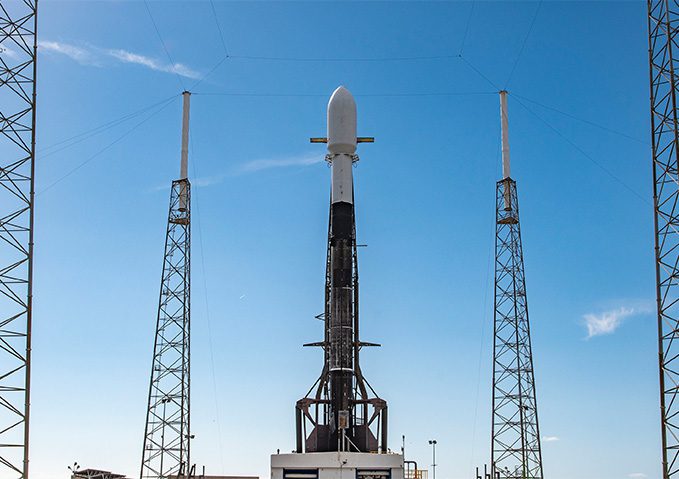DEWA highlighted that this development will expand the coverage of the company’s existing LoRA IoT Terrestrial network
Dubai Electricity and Water Authority (DEWA)’s Research & Development (R&D) Center, in collaboration with Infra X, the IT and telecommunications arm of Digital DEWA, and their British technical partner Wyld, has developed satellite Internet of Things (IoT) terminals for DEWA’s 3U nano satellite, DEWA-SAT1.
DEWA noted it had launched the satellite as part of its Space-D program and claimed to be the first utility worldwide to use nano satellites to improve the operations, maintenance and planning of electricity and water networks.
The R&D Center developed the satellite IoT terminals to connect DEWA’s assets to nano-satellites directly and to be suitable for grid applications. The Space-D program will also enable hybrid connectivity with both the Long-Range (LoRa) IoT terrestrial network operated by InfraX, and DEWA’s nano satellites. DEWA highlighted that this will expand the coverage of the company’s existing LoRA IoT Terrestrial network, which connects remote assets directly with the nano satellite, without the need for ground gateways or satellite ground stations to send the data.
Saeed Mohammed Al Tayer, CEO of DEWA, said: “Through the Space-D program, launched in January 2021, nano satellite technology will complement the terrestrial IoT communication network to increase the efficiency and effectiveness of DEWA’s operations and support the digitization of our electricity and water networks.”
“This will increase the efficiency and effectiveness of our planning, operations, and preventive maintenance for our production, transmission, and distribution divisions, as well as our smart grids and electric vehicle charging stations (…) By the end of 2022, we plan to launch a 6U nano satellite with customized high-resolution image sensing technology specifically designed for DEWA to capture images more frequently,” Al Tayer added.
“DEWA is taking advantage of the Fourth Industrial Revolution technologies such as IoT, data analytics, artificial intelligence (AI), and blockchain to provide value from the data received from our IoT terminals via the satellite constellation network. DEWA are using as part of this solution a digital IoT platform hosted by our private data center operated by MORO hub, the backbone of Digital DEWA,” said Waleed Bin Salman, EVP of business development and excellence at DEWA.
“The R&D Centre designed the satellite LoRa IoT terminals to be capable of communicating using Infra-X LoRa terrestrial as well as LoRa Space-D satellite communication networks. With this, Infra-X can offer extended communication coverage to their customers, including DEWA, to assets in remote locations with no terrestrial coverage,” said Ali Rashid AlAleeli, VP of R&D, business development and excellence at DEWA.
DEWA explained that the satellite LoRa IoT communication technology uses the LoRa wireless protocol standard designed for long-range communications. Once the satellite constellation is in operation, data collection from remote assets can be collected at a fraction of the cost and time to that of extending the coverage of the terrestrial network, the company said.

